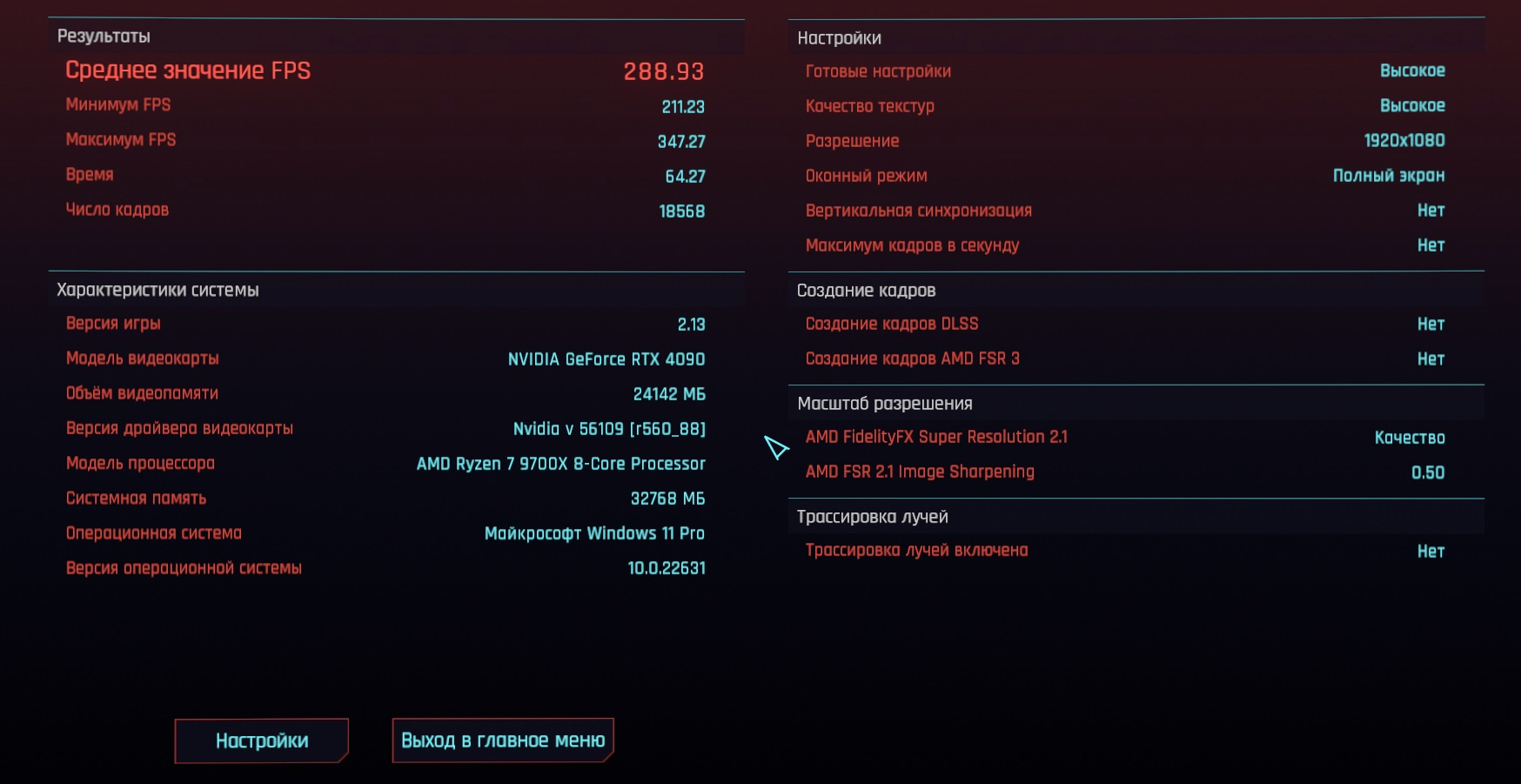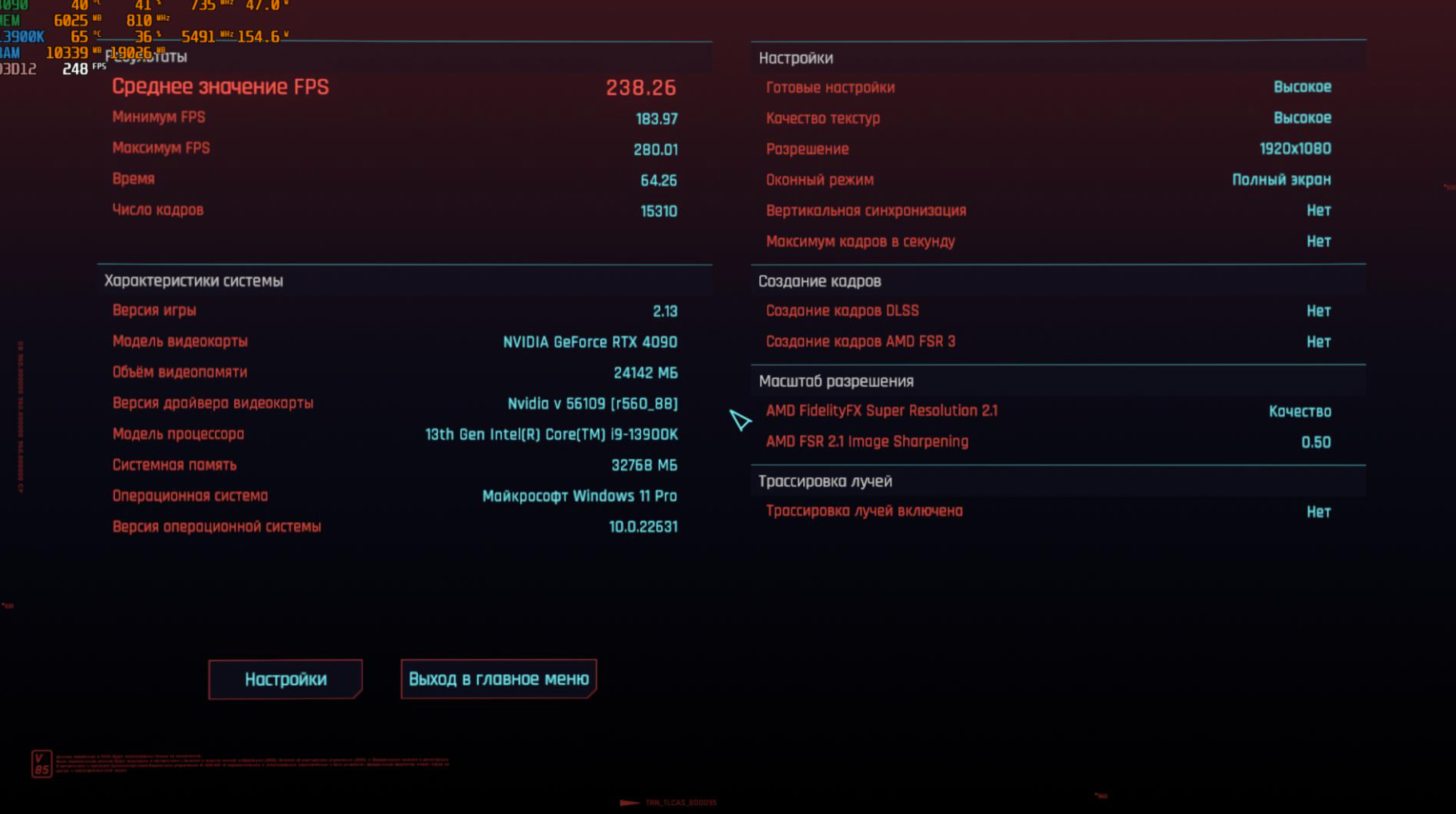winjer
Gold Member

Intel admits Core Ultra 9 285K will be slower than i9-14900K in gaming - VideoCardz.com
Intel admits their Core Ultra 9 285K will be slower for gamers, but it will need less power Chinese outlets are leaking Intel’s presentation of Core Ultra 200S series. A comparison between Intel’s own Core i9-14900K and the competing AMD Ryzen 9 series has been leaked. The slides in this...
Chinese outlets are leaking Intel’s presentation of Core Ultra 200S series.
A comparison between Intel’s own Core i9-14900K and the competing AMD Ryzen 9 series has been leaked. The slides in this article are from Intel’s upcoming Core Ultra 200 reveal event, which is scheduled to take place in two days. It seems someone disregarded the embargo on these slides.
In any case, we now learn directly from Intel’s slides that the company acknowledges their 14900K is actually faster in gaming than the upcoming 285K. Compared to the 14900K, the 285K offers 261 average FPS, while the 14900K achieves 264 average FPS. The positive aspect is that the new architecture enables Intel to reduce power consumption to 447W (presumably for the entire system).
- Intel Core i9-14900K:
- Average FPS: ~264 FPS
- Power consumption: ~527 W
- Intel Core Ultra 9 285K:
- Average FPS: ~261 FPS
- Power consumption: ~447 W
Leakers have also shared slides comparing the AMD Ryzen 9 9950X and 7950X3D. The slides show that while the 285K is expected to outperform the current fastest X3D part (with 3D V-Cache) in productivity benchmarks. However, it will be up to 21% slower in games like Cyberpunk 2077.
Core Ultra 9 285K vs Ryzen 9 7950X3D, Source: @wnxod
Another slide shows a comparison between the 285K and the 9950X. The 285K is reported to have an average performance advantge of 0.26% compared to the 9950X (assuming PAR means 0%). However, Intel has not yet shared any power comparison between the Ryzen 9 and the 285K, or at least it hasn’t been leaked yet.
Core Ultra 9 285K vs Ryzen 9 9950X, Source: @wnxod

Intel Core Ultra 200 "Arrow Lake-S" to offer 9% IPC gain on P-Cores and 32% on E-Cores - VideoCardz.com
Arrow Lake-S IPC claims The first leak from the upcoming Core Ultra 200 showcase. In two days, Intel is set to announce its new desktop CPU series, Arrow Lake-S. This series will not only feature a new name but also an entirely new architecture. The CPU architecture will be upgraded to Lion Cove...
The first leak from the upcoming Core Ultra 200 showcase.

In two days, Intel is set to announce its new desktop CPU series, Arrow Lake-S. This series will not only feature a new name but also an entirely new architecture. The CPU architecture will be upgraded to Lion Cove P-Cores and Skymont E-Cores, similar to those featured in the Core Ultra 200V, also known as Lunar Lake.
Intel is currently briefing the media on the new series, and one of the slides has been leaked. It appears to showcase the IPC gains for both types of cores. The right side focuses on the IPC gain for Lion Cove over Raptor Cove, indicating a 9% increase. The left side claims that Skymont has a 32% higher IPC compared to Gracemont. Skymont’s significant gain is also due to increased L2 cache bandwidth.
Intel Core Ultra 200 Arrow Lake IPC claims, Source: HXL/Intel
Lion Cove includes 36MB of shared LLC (Last Level Cache) and uses a 16.67 MHz clock frequency, likely referring to improvements in instruction handling or scheduling based on clock cycles. The leaked slides also mention an improved memory system, with enhanced internal memory enabling 3MB of L2 cache per core.
These are just some highlights from the new presentation that is already circulating online. More details are expected to leak soon, including final SKU names and pricing.
Update: A new slide shared by Wnxod shows Core Ultra 9 285K compared to Ryzen 9 9950X in four benchmarks. It claims that Intel has 8% geometric increase over last-gen series in single-threaded applications and 4% advantage over Ryzen 9 9950X.
Intel Core Ultra 200 Arrow Lake 1T claims, Source: @wnxod/Intel
But at least it uses less power and doesn't degrade and kill itself, like 13th and 14th gen. So that's something....
















